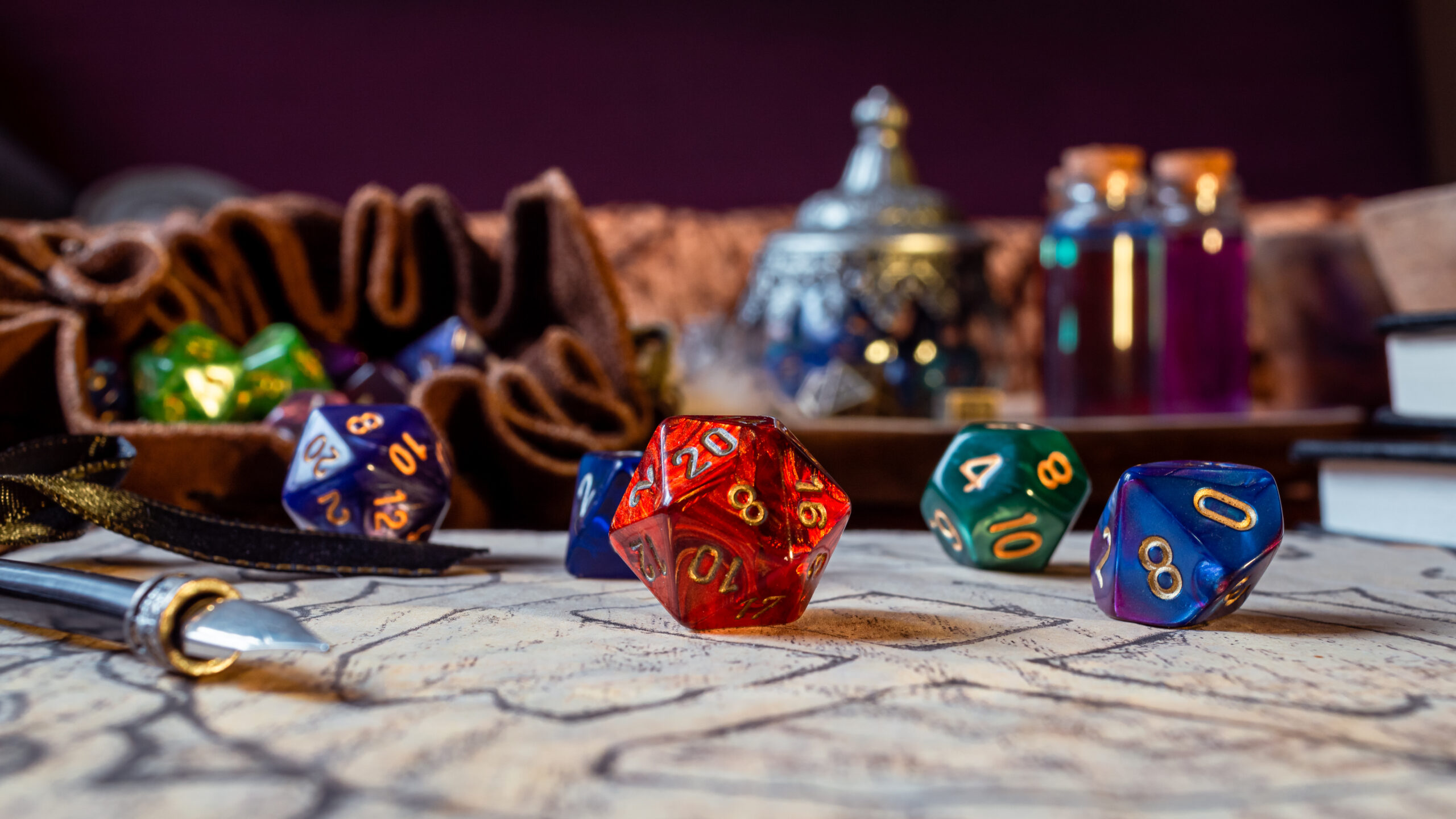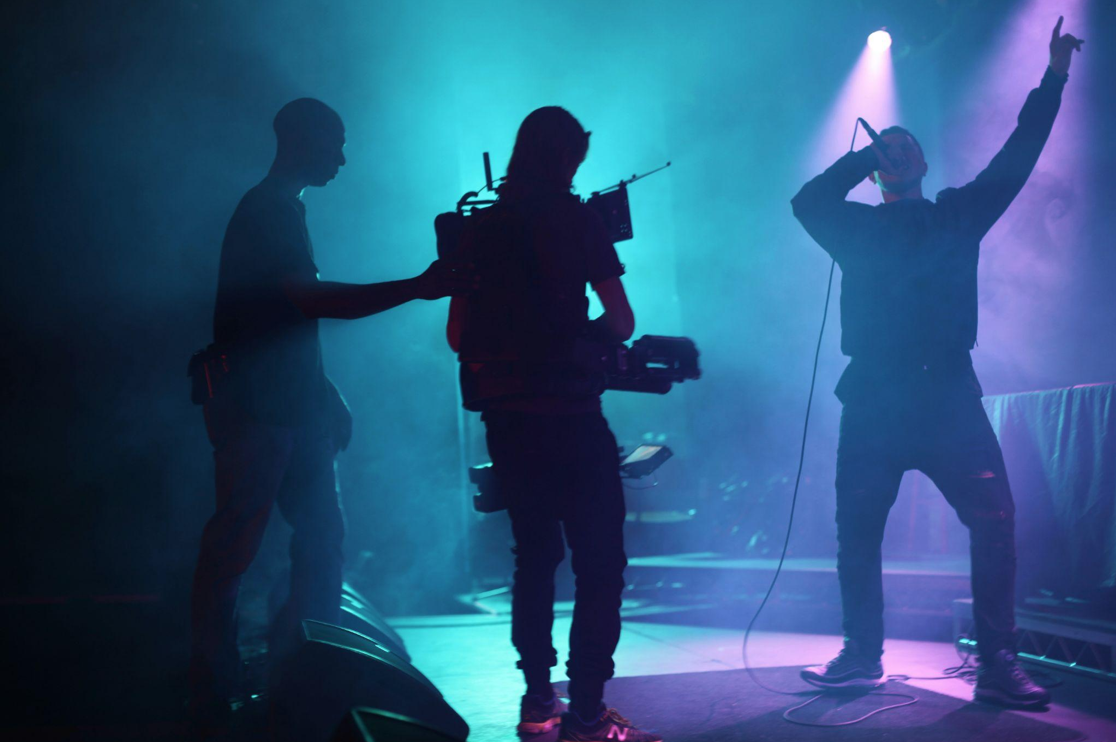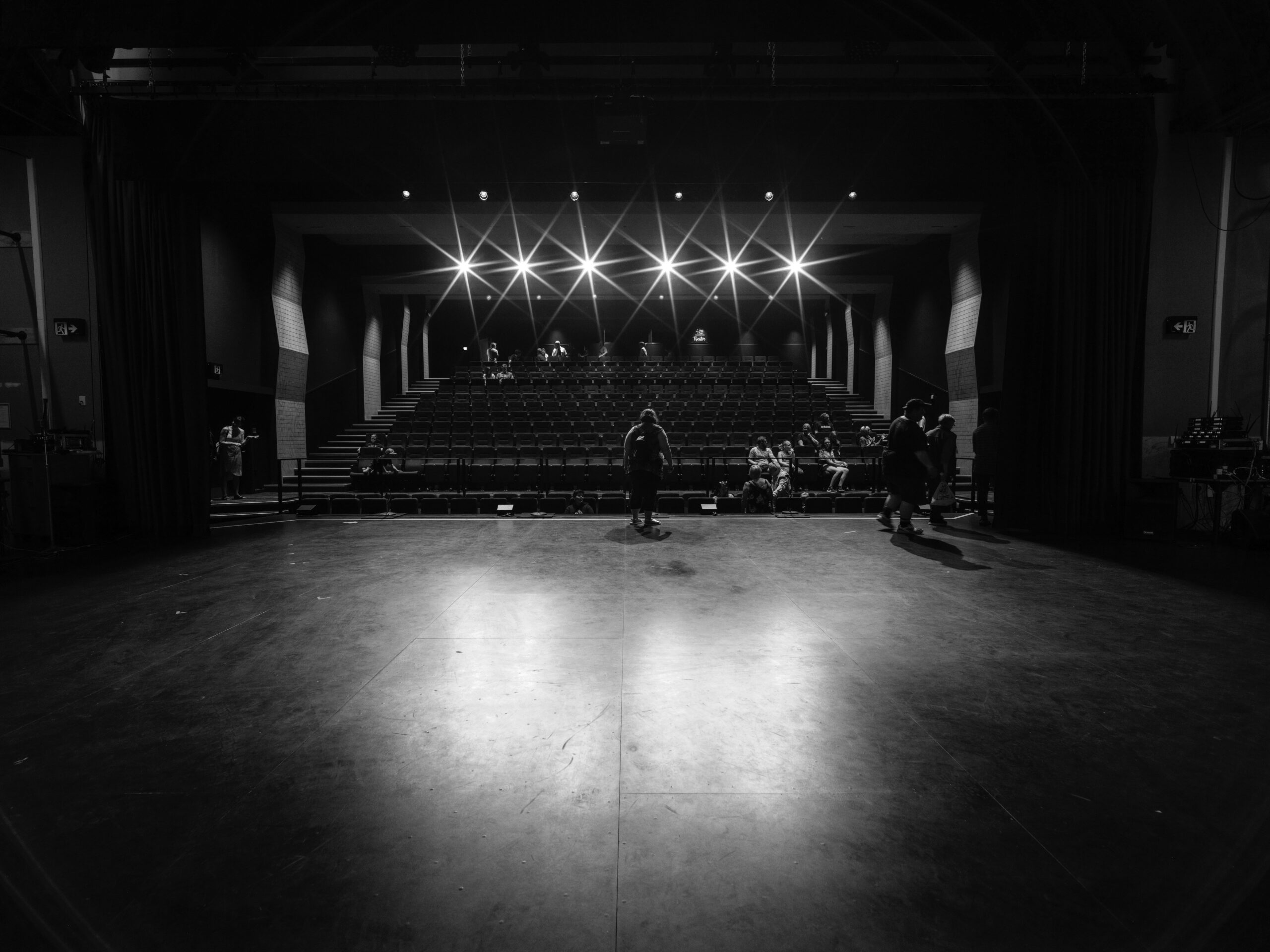
Something is rotten in the Material Plane, but instead of a lich or a mindflayer, it is copyright law that is currently tormenting the Dungeons & Dragons community.
Tabletop role-playing game Dungeons & Dragons (“D&D”) waspublished by TSR in 19741 and acquired by tabletop games publisher Wizards of the Coast (“WotC”), a subsidiary of Hasbro, in 1997.2 Over the course of the last five decades, D&D has become a cornerstone of both tabletop roleplaying games and geek culture as a whole.3 In 2000, WOTC added another level to the culture surrounding D&D by introducing a licensing system called the Open Game License (“OGL”).4 Under the OGL, players who wished to create their own role-playing games were able to incorporate D&D’s rules, mechanics, and other general elements into their new products.5 They were even able to monetize their new game without paying royalties or licensing fees to WotC,6 under the conditions that they (1) used none of WotC’s trademarked content or other content implicating WotC’s “product identity,”7 and (2) included a copy of the OGL and notice of the license with each new product made under the OGL.8
The introduction of the OGL breathed new life into the D&D community. For those looking to create their own role-playing game, it provided a strong basis on which to build their new product.9 For WotC, the proliferation of new products based on various elements of D&D helped the game grow in popularity and further expand its cultural reach.10 So it came as a shock when the news leaked in late 2022 that the original OGL (now dubbed the “OGL 1.0”) was “no longer an authorized license agreement.”11 In its place, WotC planned to launch a new agreement called the “OGL 1.1.”12 The OGL 1.1 laid out many of WotC’s new policies and practices, but the one that caught most of the fanbase’s attention was the introduction of a radically different policy towards licensed publishers.13 Under the OGL 1.1, every new work created under the license would need to be registered with WotC.14 Companies with licensed products generating $750,000 or more would now be expected to pay royalties.15 The OGL 1.0 appeared to be entirely revoked and superseded by the OGL 1.1, meaning that products created prior to the introduction of the new license would nevertheless be liable for violating the terms of the OGL 1.1.16
The D&D community’s reaction to the OGL 1.1 was almost universally negative.17 Despite the fact that there are only around twenty companies that generate enough revenue to be subject to the new royalty system,18 many smaller creators viewed the OGL 1.1 as an insult and a betrayal to the fans who helped spread the games influence over the years.19 Additionally, fans worried that WotC would eventually expand this new policy to smaller businesses.20 The concerns were amplified by the CEO of Hasbro, Cynthia Williams, stating that she felt D&D was “really under monetized” and could benefit from recurring spending models.21 Over 70,000 fans signed an open letter to WotC decrying the OGL 1.1 and vowing not to partake in it.22 One prominent licensee of the OGL 1.0, Kobold Press, announced that it planned on developing its own open tabletop ruleset, disconnected from all licensed D&D material.23 Among the many complaints about the OGL 1.1 were questions about the legal basis on which WotC was operating.24
From an intellectual property perspective, the introduction of the OGL 1.1 reignited debates over how many aspects of a game like D&D can be afforded intellectual property protection at all. Words, phrases, and designs can all be eligible for trademark protection,25 which allows some game companies significant protection over various elements of their work.26 However, the single most common basis for licensing from WotC is to gain access to the rules and mechanics of D&D.27 These rules and mechanics do not fall into any of the trademark categories.28 Some board games have received patent protection for their gameplay systems, but this is rarely pursued by modern companies due to the difficulties of the patent process and the specificity of the requirements needed to receive this kind of protection.29 That leaves copyright as the last major option for intellectual property protection. This poses a problem for WotC, since one of the central tenets of copyright law is that rules, systems, and ideas are uncopyrightable.30 Additionally, various elements of fantasy storytelling are uncopyrightable under a doctrine known as scènes á faire, which “precludes protection for aspects of a work that are standard or common to a topic or genre.”31 Even if a rule or mechanism is expressed in a very particular way, under a theory known as the merger doctrine, this expression may be uncopyrightable if it is “[impossible] to distinguish the expression of the rules from the idea of the rules themselves.”32 In other words, it is highly dubious as to whether many of the elements that WotC licenses are capable of being owned by anyone, thus erasing the need to license them at all.33
In response to scathing feedback from D&D fans, WotC announced that it would be halting the adoption of the OGL 1.1 and would work on drafting a new agreement that took fan concerns into account.34 It remains to be seen whether WotC will truly abandon the policies contained in the OGL 1.1 for good, or whether the company will try to return to the more restrictive license somewhere down the line. On the one hand, it makes sense for a company to want to monitor and benefit from some of the many works that benefit from its relatively generous licensing policies.35 On the other hand, the response from the game’s fanbase speaks for itself, and suggests that WotC will have an uphill battle implementing future changes.36 Furthermore, the increased focus on whether many game elements needed to be licensed in the first place may lead to fewer fans being willing to play by WotC’s rules.37 Only time will tell whether both D&D fans and WotC can return to living in harmony, or whether the dragon of intellectual property law will return once again to wreak havoc on this community.
Madeleine Higgs is a 2L at Cardozo School of Law with a passion for all things in the realm of copyright and entertainment law. She has worked for both law firms and non-profits, and is currently externing at Artworks™ Legal Residency in order to gain more hands-on experience helping creatives and small business owners.
- Ben Riggs, Slaying the Dragon: A Secret History of Dungeons and Dragons 14 (2022).
- Janelle Brown, Disaffected Fans Cheer D&D Buyout, Wired (Apr. 10, 1997, 6:10 PM), https://www.wired.com/ 1997/04/disaffected-fans-cheer-dd-buyout/ [https://perma.cc/N9Y7-X75Y].
- See Laura Lea Williams, Lawful Neutral: The Justice System and Dungeons and Dragons, 26 Cardozo J. Equal Rts. & Soc. Just. 129, 129-31(2019) (describing the history and perception of Dungeons & Dragons and its fans).
- Bob Tarantino & Mike Whelan, Wizards of the Coast Open Game License, Law Insider (June 22, 2021), https://www.lawinsider.com/resources/contract-teardown/wizards-of-the-coast-open-game-license [https://perma.cc/PA4G-C3KU].
- Edwin Evans-Thirlwell, The D&D Open Game License Controversy, Explained, Washington Post (Jan. 19, 2023, 3:10 5:08 PM), https://www.washingtonpost.com/video-games/2023/01/19/dungeons-and-dragons-open-game-license-wizards-of-the-coast-explained/ [https://perma.cc/5ZVT-QMA8].
- Kyle Orland, RPG Fans Irate as D&D Tries to Shut its “Open” Game License, Ars Technica (Jan. 11, 2023, 2:51 PM), https://arstechnica.com/gaming/2023/01/rpg-fans-irate-as-dd-tries-to-shut-its-open-game-license/ [https://perm a.cc/EC7H-T9TT ] (“[T]he OGL was ‘essentially exposing the standard D&D mechanics, classes, races, spells, and monsters to the Open Gaming community. Anyone could use that material to develop a product using that information essentially without restrictions, including the lack of a royalty or a fee paid to Wizards of the Coast.’”).
- See Kit Walsh, Beware the Gifts of Dragons: How D&D’s Open Gaming License May Have Become a Trap for Creators, Electronic Frontier Foundation (Jan. 10, 2023), https://www.eff.org/deeplinks/2023/01/beware-gifts-dragons-how-dds-open-gaming-license-may-have-become-trap-creators [https://perma.cc/56SE-BM92] (describing the scope of “product identity” under the OGL).
- Tarantino & Whelan, supra note 4.
- All Things Considered, Proposed Copyright Changes Have Dungeons and Dragons Fans up in Arms, NPR (Jan. 25, 2023, 5:42 PM), https://www.npr.org/2023/01/25/1151474346/proposed-copyright-changes-have-dungeons-and-dragons-fans-up-in-arms [https://perma.cc/9FJW-E4KB] (describing how many companies were able to flourish developing games and products under the OGL).
- Linda Codega, Dungeons & Dragons’ New License Tightens Its Grip on Competition, Gizmodo (Jan. 5, 2023), https://gizmodo.com/dnd-wizards-of-the-coast-ogl-1-1-open-gaming-license-1849950634 [https://perma.cc/KR4E-6 C2B].
- Id.
- Id.
- Id.
- Id.
- Id.
- Walsh, supra note 7 (“[I]f Wizards of the Coast goes ahead with a plan to revoke the OGL [1.0], then people who publish and distribute works relying on the OGL [1.0] will have to re-evaluate their legal position. If they’re doing something that would be copyright infringement absent a license, they may face legal risk.”).
- See Timothy Geigner, WotC Makes Major Changes To D&D OGL License, Sends Community Into A Frenzy, Techdirt (Jan. 12, 2023, 3:31 PM), https://www.techdirt.com/2023/01/12/wotc-makes-major-changes-to-dd-ogl-license-sends-community-into-a-frenzy/ [https://perma.cc/JU9T-TZP7] (describing some of the fandom’s initial reactions to the OGL 1.1).
- Codega, supra note 10.
- JJ Nattrass, D&D Content Creators Outraged Over Licensing Changes, Demand the Game to Remain “Open”, NME (Jan. 9, 2023), https://www.nme.com/news/gaming-news/dd-content-creators-outraged-over-licensing-changes-demand-the-game-remain-open-3377155 [https://perma.cc/3H6C-YQ8N] (“‘[W]e all know now how badly they tried to screw over the community of 3rd party creators that have allowed their game to flourish.’”).
- Id. (“‘We know they’d hurt all of us for the promise of miniscule gains.’”).
- Travis Northup, Wizards of the Coast OGL Change Draws Ire From Creators and Fans, Kobold Press Developing New Ruleset, IGN (Jan. 10, 2023, 4:25 PM) https://www.ign.com/articles/wizards-of-the-coasts-new-dungeons-dragons-license-ogl-controversy [https://perma.cc/UD7W-7D5C].
- What is #OpenDnD?, #OpenDND, https://www.opendnd.games/#open-letter [https://perma.cc/X82K-RATA] (last visited Feb. 6, 2023).
- Kobold Press, Raising Our Flag, Kobold Press (Jan. 10, 2023), https://koboldpress.com/raising-our-flag/ [https://perma.cc/7BMS-ZGEV].
- See Walsh, supra note 7 (voicing numerous concerns about the legality of WotC’s operations).
- What is a Trademark?, USPTO, https://www.uspto.gov/trademarks/basics/what-trademark [https://perma.cc/T98D-3MGL] (last visited Feb. 6, 2023).
- See Christopher B. Seaman & Thuan Tran, Intellectual Property and Tabletop Games, 107 Iowa L. Rev. 1615, 1651-52 (2022) (“Hasbro . . . owns federally registered trademarks related to Monopoly, including the word itself; an image of the game board; [various squares and cards featured in the game]; the Railroad logo; and the Mr. Monopoly character.”).
- See Codega, supra note 10 (calling the ability to use “general gameplay structures” the “most important” element of the OGL 1.0).
- See What is a Trademark?, supra note 25.
- See Seaman & Tran, supra note 26, at 1642-51 (describing the difficulties of obtaining patent protection for tabletop games).
- Id. at 1635-36; see also Daniel J. Schaeffer, Not Playing Around: Board Games and Intellectual Property Law, American Bar Association (2015), https://www.americanbar.org/groups/intellectual_property_law/publications/la ndslide/2014-15/march-april/not-playing-around-board-games-intellectual-property-law/ [https://perma.cc/9GKL-SG6F].
- Seaman & Tran, supra note 26, at 1637.
- Allen v. Acad. Games League of Am., Inc., 89 F.3d 614, 617-18 (9th Cir. 1996); see also Walsh, supra note 7 (providing examples of various ways to express the concept of a magic spell, and the levels of protection available for different kinds of expression).
- See Walsh, supra note 7 (“[Many of the elements listed by the OGL] are not copyrightable in the first place. So the only benefit the OGL offers, legally, is that you can copy verbatim some descriptions of some elements that otherwise might arguably rise to the level of copyrightability.”).
- Ivy Winfrey & Alejandra M. Janse, Fans Said the Future of ‘Dungeons & Dragons’ was at Risk. So They Went to Battle, NPR (Feb. 4, 2023, 5:01 AM), https://www.npr.org/2023/02/04/1154247737/fans-said-the-future-of-dungeons-dragons-was-at-risk-so-they-went-to-battle [https://perma.cc/TC3N-GVJH].
- See Codega, supra note 10 (“While it makes sense that [WotC] wants to monitor who is using the Open Game Content, this feels like an impossible task.”).
- See Nattrass, supra note 19.
- See Walsh, supra note 7.



